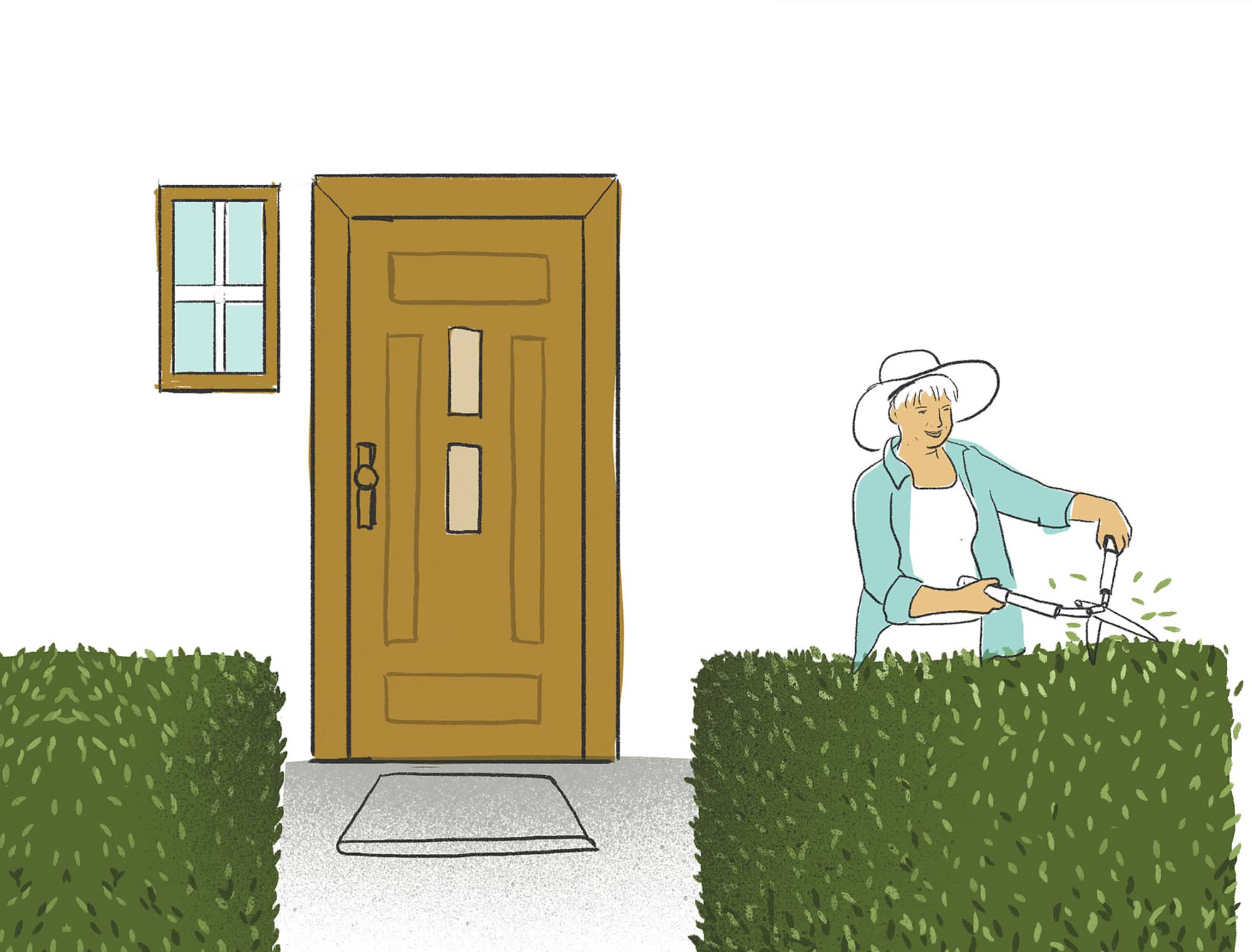Harnessing Energy in the Home
The feeling that you get when you open the front door can affect the next few hours inside your home. The doorway is known as the ‘mouth of chi’, the threshold between the outside world and your private space. It’s a good idea to keep this area neat and uncluttered, so that we can breathe freely and enjoy our space.
Being mindful of our surroundings, we are more likely to feel positive when approaching our front door if it is clear, clean and welcoming, so when you have the time, get rid of any overgrown plants or rubbish bins blocking the pathway. Clean the windows, wipe down the front door, perhaps even freshen up the paintwork if it’s peeling or the colours are dull. Once inside, pay attention to the entrance area – a place to hang your coat and bag may not be enough. Stand in this space a moment and consider what you could add or remove to help free up space. You need somewhere for coats, shoes, post bags and possibly keys; could it be better organized? Do some setting up, sweep and clean, and make it as bright and welcoming as possible.
Opening the front door will be a completely different experience the next time you arrive home, and this can create a positive link with your space from the moment you step inside. Creating an organized space in this area allows the process of entering and leaving to be smooth, while inviting beneficial energy to make its way throughout the rooms and the rest of the house.

HELP POSITIVE ENERGY TO FLOW
Consider adding elements of Yin and Yang within your home. What does that mean, you may wonder? Put simply, the Yin-Yang theory states that the universe is composed of two opposite, complementary and deeply intertwined forces: Yin (passive and receptive) and Yang (active and energetic). By introducing this concept into our homes and achieving the balance that is right for us, we can harness their energy to support our own mindful practice.
The two types of energy make sense alongside each other when you understand what each one means. In essence, there are places in the house where you’ll want to be lively and get things done, and places where you’ll want to chill out; it’s just a matter of matching the energy of the room to its purpose. For instance: places where you’ll want to relax, such as a bathroom, thrive best when they have Yin energy, with softer shades and tranquil colours. On the other hand, you’ll want to be efficient and alert when you’re busy in your work space, so strong colours, bright lights and a feeling of lively Yang is what you’ll want to invigorate you there.
CREATING THE RIGHT SORT OF ENERGY
The goal of feng shui is to create a space that sustains and supports us, keeping opposites in balance to promote the energy we need. In a working area such as the kitchen, we need a clear area for the food we are preparing, so we can get a sense of the colours and textures of the ingredients as we put together a meal, stimulating our appetite and being mindful of our actions as we peel, chop and stir. In the bedroom, we need soft lights to promote relaxation, clearing away all the thoughts that are crowding our minds after the events of the day, preparing us for a restful sleep.
By following feng shui principles, we are ultimately creating a home where our surroundings reflect and influence our inner selves, serving as a constant reminder of what is meaningful and important in the way we live. It’s not a complicated science: it’s just a question of understanding ourselves and our needs, and shaping our environment to support them. We are mindful of our path in life and how we connect to things around us every moment, day and night. When we do this, we are being truly present in our spaces.